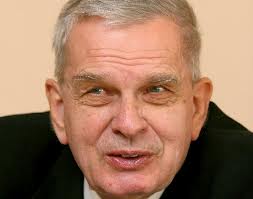What did the Lithuanian Activist Front (LAF) put in writing concerning its intentions for fellow citizens who were Jews in the days and weeks before the German invaders took actual control of various locations within Lithuania?
These excerpts are all from the translations from Lithuanian in the English edition of Joseph Levinson’s The Shoah (Holocaust) in Lithuania (Vilna Gaon Jewish State Museum of Lithuania: Vilnius 2006). The full texts (or much larger excerpts) appear in the chapter Documents Speak available here as PDF by permission of Joseph Levinson.
